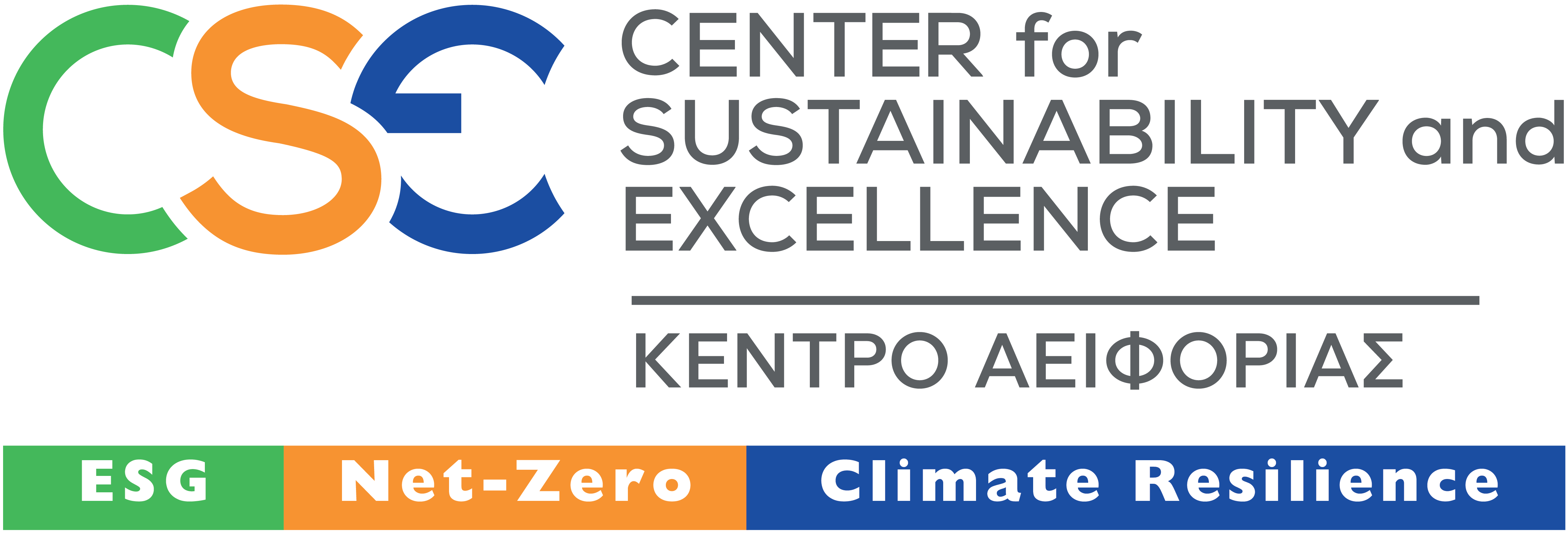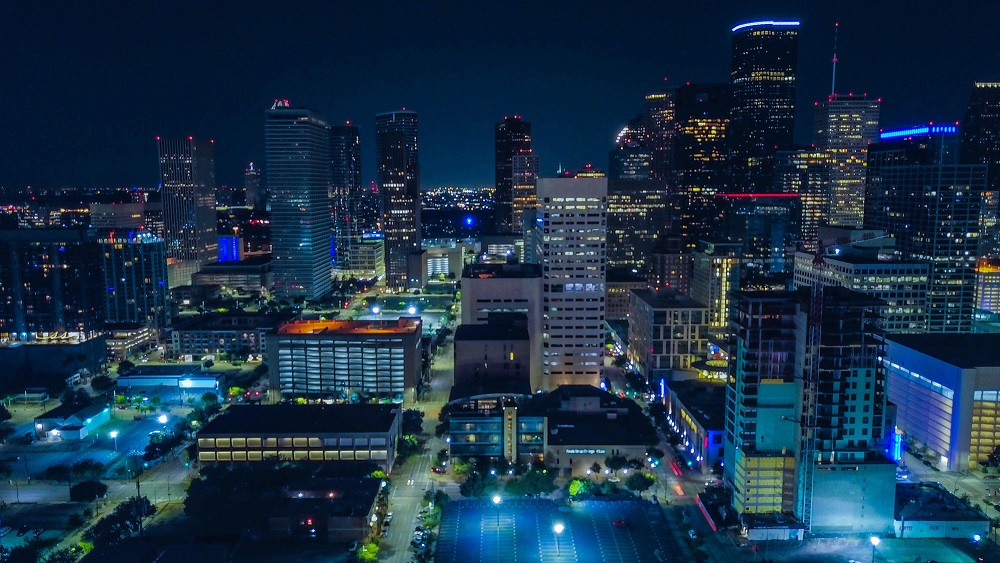Until humans can escape by blasting off to another planet, we need to weather storms right here on Earth, even in Space City – Houston, USA. Sustainability practitioners have tremendous skills in areas beyond the “sustainability” norm (see CSE’s blog on Health, Safety and Environment). To curtail the impact of natural disasters seen in the wake of Hurricanes Harvey and Katrina will require a systems approach.
Houston’s space and energy industries need to boldly address risk assessment, abatement and emergency management. CSE has helped energy companies including Anadarko, Hydro One, NRG, Talisman and Talos train leaders to manage sustainability concerns. With a third of the US oil refinery capacity, the US can’t afford a shut down along the Gulf Coast. The good news – long-term environmental challenges will increase reliance on renewable energy. Climate change neutral renewables are a major investment for energy companies, a necessity for heating humans in space.
Facilities managers also need to be sustainability practitioners trained in reviewing preparedness plans, recovery plans and environmental impact of flooding, leaks, and mitigation. The construction industry needs to develop more resilient construction methods. CSE has helped sustainability practitioners from Caterpillar, Sodexo, ABM and even Houston’s airport prepare for these challenges.
Harvey and Katrina cost the US $125 billion EACH. Social entrepreneurs will have a role to play in city, state and national preparedness plans. Emergency preparedness goes beyond the Red Cross or FEMA. Systems thinking and forward vision is critical. Might sustainability-trained parishioners help their churches design and implement emergency plans, manage basement flooding, lead volunteer staffing, coordinate with the city’s emergency management and meet congregation needs?
Sustainability practitioners look at ESG factors: environment – leaks, contaminants; social – disruption to employees and clients; governance – setting goals for the next crisis, implementing risk assessment and mitigation, both physical and financial (even emotional).
Coastal shorelines account for 40% of US jobs. As development increases along the coast, the need for efforts to avoid losses to employment and infrastructures becomes more urgent. Texas ranks among the costliest flood zones in the US. Engineering firms, facility management companies, space junkies and contractors need sustainability practitioners to help prevent and/or mitigate storm crisis.
Sustainability practitioners bring strong skills and an umbrella way of thinking to deal with Mother Nature’s challenges. Our coastal communities deserve the best prevention and cleverest planning available. CSE is holding three Certified CSR-P Trainings at coastal locations in the next few months: Houston, Sept. 26-27; San Francisco, Oct. 15-16; and Miami, Jan. 16-17, 2020.








